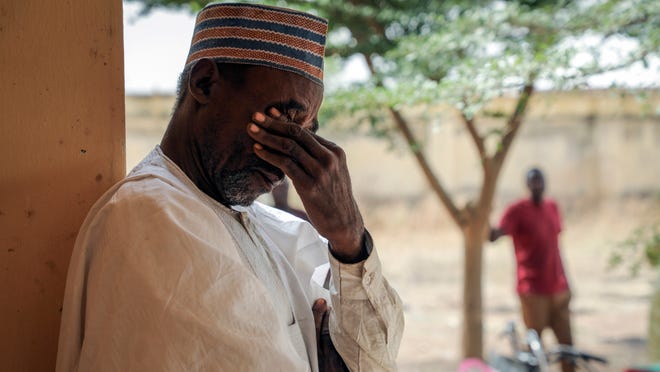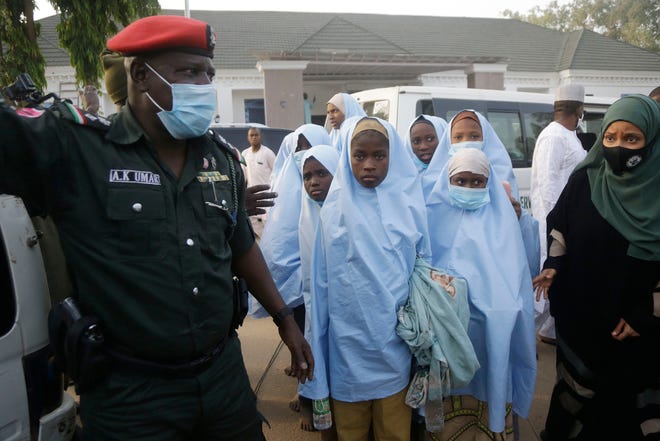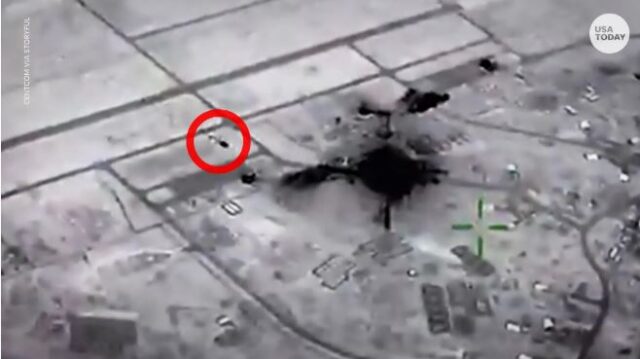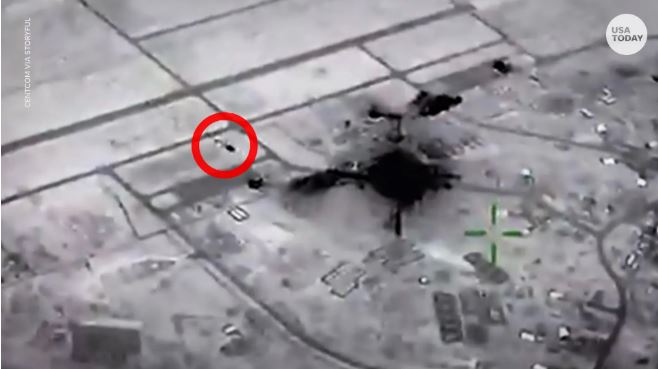Shortly after midnight last Friday, gunmen burst into the dormitory of a girls boarding school in Northwest Nigeria and rekindled a nightmare that, for most of the world, had lain dormant for almost seven years.
In the Government Girls Secondary School of the small town of Jangebe, hundreds of students had been sleeping in bunk beds when they heard gunshots followed by voices ordering them to gather in the courtyard. Fifty-five ran and hid in a bathroom or behind furniture where panicked parents found them hours later. By then, about 300 of their classmates, ages 11 to 17 had been marched into a forest.
Tuesday morning the girls were set free, stirred from their sleep by their captors’ celebrations that a ransom had arrived.
“You idiots, wake up, the money has come,” several of the girls recalled being told.
Nigeria’s cycle of kidnappings
Nigeria is trapped in a cycle of school child kidnappings that recall one of the most infamous abductions in recent years: In early May 2014, more than two million people tweeted #BringBackOurGirls, a clarion call to free teenagers taken from the Nigerian town of Chibok by terrorist group Boko Haram. That hashtag peaked after a few days, before social media moved onto its next viral cause, the Ice Bucket Challenge. To this day, most people don’t know how these millions of tweets propelled a sequence of events that involved drones scouring Lake Chad and millions of euros being handed to Boko Haram, inadvertently feeding a predatory business model that persists to this day.

To answer Twitter’s demands, seven foreign militaries, alongside spies and mercenaries deployed to northern Nigeria, dispatching drones and satellites over a region that had barely begun to use the internet. None of those interventions freed a single girl. As military force failed, a team of Swiss and Nigerian volunteers bravely, but secretly organized hostage talks with Boko Haram, taking the struggle offline, boarding motorbikes and canoes into insurgent territory to deliver messages, and sometimes communicating by fax. The schoolgirls spent three years in captivity before a 3 million euro ransom was conceded as part of a deal that returned 103 of them to their parents.
Fast forward several years, and kidnapping students has become one of the fastest growing sectors of Nigeria’s economy, a business that didn’t begin with the Chibok kidnapping in Nigeria but has since become lucrative and commonplace. Friday’s attack was the third mass abduction of schoolchildren in two months. After a decade of war with Boko Haram, 23,992 Nigerians are registered missing with the local Red Cross, the humanitarian agency’s highest toll on earth.No group has yet claimed responsibility for the Jangebe kidnapping. But their motivation is clear: an attempt to raise the money, and perhaps infamy, that Boko Haram received in the wake of #BringBackOurGirls.
What does this mean for those of us looking on from abroad, wondering what can be done? For years, we have interviewed hundreds of officials involved in the rescue efforts to free the Chibok girls, as well as twenty of the students who managed to survive over years of hardship. What we have found is a story of unintended outcomes. Cheered on by Twitter, the U.S. sent predator drones to find and free the girls, and deployed its Night Stalkers, the army regiment that helped kill Osama bin Laden. The National Security Agency hired Nigerian language speakers and the CIA’s Abuja station received aerial footage of the search zone beamed from bases in Germany and Chad. The U.K. discussed dispatching special forces.

But even the world’s most sophisticated militaries could not simultaneously locate and rescue hundreds of teenagers held in remote forests, nor could they overcome the challenge of doing so in a social media-immersed world: a single tweet from a bystander could have blown the cover on any raid. Instead of rescuing the students, American efforts delivered a lesson in the myriad offline obstacles to satisfying an online cause.
Kidnapping in Nigeria: Thousands are still struggling for freedom
Ultimately, the Chibok girls became actors in their own struggle for freedom. When interventions broke down, they were forced to take survival into their own hands. As the months dragged into years, the students, most of them Christians, came of age in captivity. They began whispering prayers together at night or keeping secret diaries, and copied passages about Mary from a smuggled Bible. They fasted for days, snuck food to captives Boko Haram was trying to starve, and memorized the Book of Job.
We came to know one of the students, Naomi Adamu, who found her voice as a leader of a group who refused to convert to Boko Haram’s creed. At risk of beatings and torture, she and her classmates softly sang gospel songs from Chibok, fortifying each other with a hymn: “We, the children of Israel, will not bow.” Her fellow hostages called her “maman mu,” our mother, while the furious insurgents gave her another nickname: “the chief infidel.”
Ms. Adamu is home now, released thanks to the quiet diplomacy of Switzerland, whose famously discreet government stepped in after social media moved on. Only on the day she went free did she learn there had been a hashtag campaign demanding her return. More than 112 of her classmates remain missing after seven years. And all across the north of Nigeria, parents are left fearing their school will be next.
US Today








